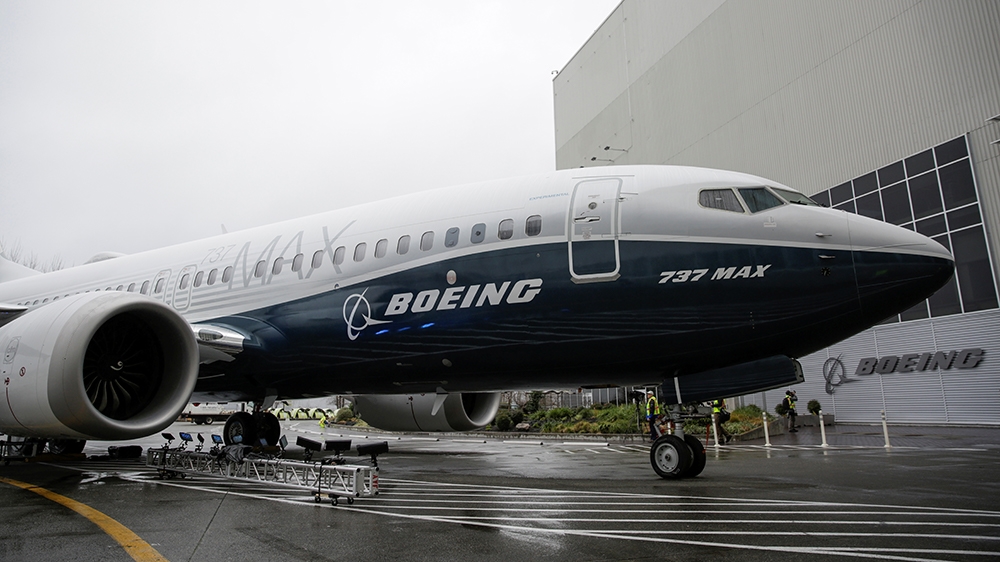
Southwest Airlines stock is trading down on Tuesday,
following a downgrade by Evercore ISI, which lamented that the company is “a
growth airline that has invested for growth, yet can’t grow.
Southwest stock (ticker: LUV) is up 8.5% year to date, but
has fallen nearly 5 percent in the past 12 months.
Airlines in general have turned in a fairly mixed
performance in 2019: Although no major players have managed to keep pace with
the market, the level at which they’ve lagged as varied, in part due to their
exposure to Boeing ’s (BA) MAX 737.
That’s not surprising given that after March’s deadly
Ethiopian Airlines crash, the aircraft has been out of service for months,
which has caused big disruptions to airlines, like Southwest, that have fleets
that are heavily reliant on the planes. Southwest has held up better than some,
but is still feeling the pinch. That left the stock with a market-trailing
year-to-date gain, despite raised dividends and rumors that Warren Buffett
might be interested in buying the company.
On Tuesday, Evercore analyst Duane Pfennigwerth downgraded
Southwest to In Line from Outperform, with a $60 price target, and removed the
shares from the firm’s Best Ideas list. He writes that the move comes as
Southwest was “let down by its key partner,” leaving them “likely rangebound”
in the near term.
“Southwest is not just any Boeing customer. By betting on the
MAX as its longer-term growth platform, Southwest effectively validated the
technology, supporting Boeing’s global sales efforts.” Yet the only thing it’s
received in return, he writes, is operational headaches, a pall over what was
an otherwise upbeat revenue narrative in 2019, lost market share, and probable
impact to its otherwise highly rated brand.
He notes that while Southwest has invested in growth, that
hope is evaporating with the Max grounding, leaving the company is a “holding
pattern” that is likely to affect its stock as well.
Looking ahead. It’s not that Pfennigwerth doesn’t believe in
the Southwest story—he still likes the company’s strong free cash flow,
unimpeachable balance sheet, and shareholder friendly policies. Yet he doesn’t
see the stock going anywhere until the Max 737 is in the air again.
On a positive note, that robust balance sheet is certainly
coming in handy. Among legacy carriers, Delta Air Lines (DAL) might actually
benefit from the Boeing debacle, as its fleet is relatively insulated, and its
shares reflect that optimism. Contrast that with United Continental Holdings
(UAL) and American Airlines Group (AAL), which both have just under 2% of their
available seat miles exposed: The former is off just 4.5% this year, while the
latter has tumbled 11%, in part due to earnings and guidance, but also because
American is working off a heavy debt load that makes it less flexible than
peers. The fact that Southwest has nearly 9% of its capacity on the 737 MAX and
has managed to hold on to gains in 2019 speaks to the other tailwinds,
including its cash position and strong management.
Yet the timing isn’t great for Southwest either, given that
2019 is the year of its long-awaited push into the Hawaiian market, and comes
after the government shutdown cost it millions in lost revenue.
Ultimately, the shares will likely get a boost when the 737
MAX is finally cleared for takeoff again; the question is how sustainable that
bump is, and how quickly Southwest can get back to speed, and whether investors
believe its growth strategy can ramp up again without further hiccups.
Southwest is down 1.6% to $50.36 in recent trading.
No comments:
Post a Comment